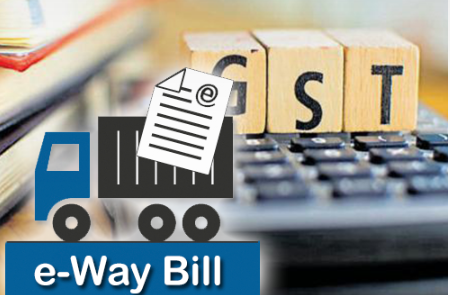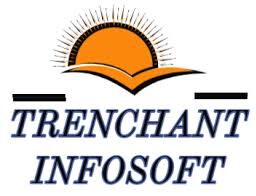
An e-way bill is an electronically generated document that is required for the movement of goods from one place to another under the Goods and Services Tax (GST) regime in countries like India. The e-way bill contains details of the consignment, the supplier, the recipient, and the transportation vehicle. E-way bills are generated and managed through an online portal, and integrating this process into your business systems can streamline the movement of goods and ensure compliance with tax regulations. Here’s an overview of e-way bill integration:
Key Aspects of E-Way Bill Integration:
- Automation of E-Way Bill Generation: Integrating your business systems with the e-way bill portal allows for the automatic generation of e-way bills when goods are transported. This reduces manual data entry and minimizes errors.
- Data Exchange: Integrated systems can exchange relevant data between your internal systems and the e-way bill portal, ensuring that accurate information is used for e-way bill generation.
- Real-Time Data Transmission: Integrating your systems with the e-way bill portal enables real-time communication and data transmission, enhancing efficiency in logistics and transportation.
- Vehicle and Transporter Details: E-way bills require vehicle and transporter details. Integration can automate the retrieval of this information from your systems and pre-fill it in the e-way bill.
- Consolidation and Bulk Generation: For businesses that move multiple consignments, integration can support the consolidation of data and bulk generation of e-way bills.
- Data Validation and Compliance Checks: Integrated systems can perform data validation checks to ensure that the information entered for e-way bill generation is accurate and meets regulatory requirements.
- Status Tracking: Integration allows you to track the status of e-way bills in real time, from generation to approval to the movement of goods.
- Reports and Documentation: Integrated systems can generate reports and documentation related to e-way bills for compliance and auditing purposes.
Benefits of E-Way Bill Integration:
- Efficiency: Integration streamlines the process of generating and managing e-way bills, saving time and reducing administrative burdens.
- Accuracy: Automated data exchange reduces the chances of errors in e-way bill generation.
- Compliance: Integration ensures that your e-way bills are compliant with the regulations set by the tax authorities.
- Real-Time Updates: You can receive real-time updates on the status of e-way bills, enabling better logistics and transportation planning.
- Documentation: Integrated systems help you maintain accurate records of e-way bills for future reference and audits.
Integration Methods:
E-way bill integration can be achieved through application programming interfaces (APIs) provided by the e-way bill portal. These APIs allow your business systems to communicate directly with the e-way bill system, exchanging data seamlessly.
When integrating e-way bill processes, consider working with IT professionals who are experienced in integrating systems and adhering to the technical specifications provided by the e-way bill portal. This ensures a smooth integration process and the accurate generation of e-way bills for your goods’ transportation.

